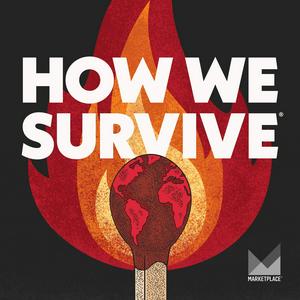We’re dropping into your feeds today to share this special bonus episode.
For many people gathering around the table this holiday season, things feel a little different. Maybe it’s the cost of ingredients that’s on your mind, or cuts to USDA funding that have left your food bank running low. Or maybe it’s the simple reality of a packed schedule – there’s a lot to cook, and so little time.
In this special from Marketplace, we bring listeners a collection of stories on the business and economics of food. Our reporters take us across the country to farms, home kitchens, and restaurants. We visit a refugee farmer in Houston, a chocolate-making lab in California, and stop for a bite at an award-winning restaurant in Portland.


